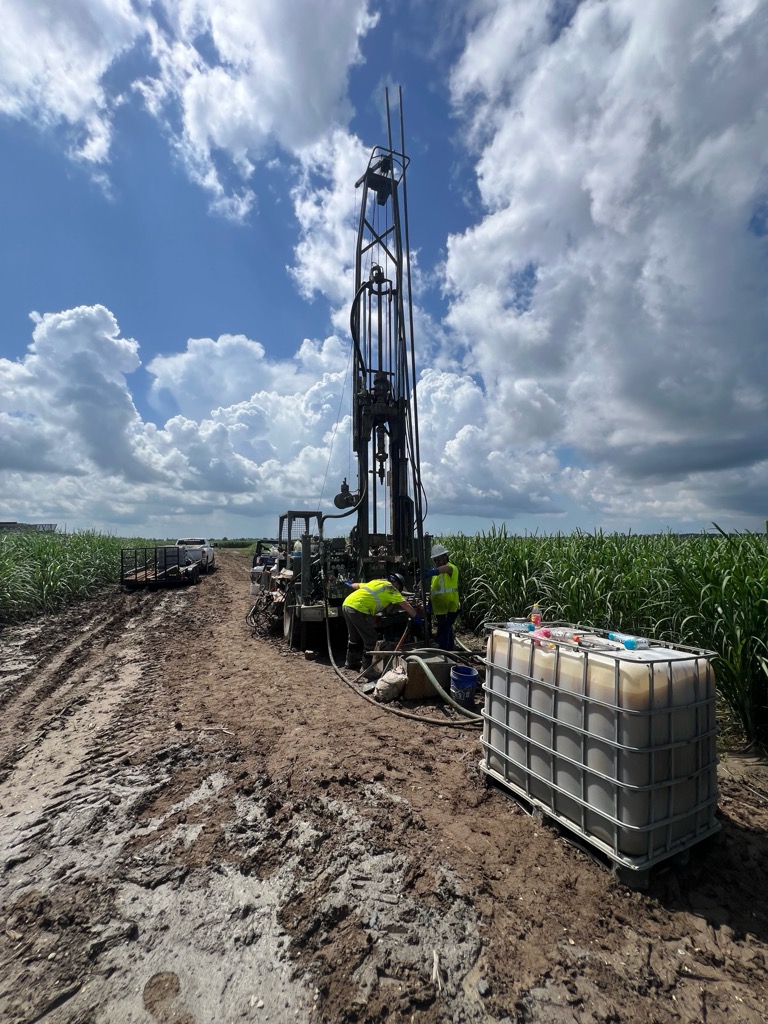Digging Deeper: What Is Geotechnical Drilling and Why It Matters
In the world of construction, infrastructure, and environmental projects, success begins below the surface. Before a single brick is laid or a foundation is poured, geotechnical drilling plays a crucial role in ensuring safety, stability, and long-term performance. But what exactly is geotechnical drilling, and why is it so important?
What Is Geotechnical Drilling?
Geotechnical drilling is the process of drilling into the earth to collect soil, rock, and groundwater samples. These samples are analyzed to assess the subsurface conditions of a site. Engineers and geologists use this information to design foundations, roadways, dams, pipelines, retaining walls, and other structures that are safe, efficient, and suited to the terrain.
Key Objectives of Geotechnical Drilling:
- Site Investigation: Understanding the physical and chemical properties of soil and rock layers to evaluate how they’ll behave under stress.
- Foundation Design: Determining the best type of foundation for a structure based on soil bearing capacity and groundwater conditions.
- Slope Stability: Assessing the risk of landslides or erosion, especially in hilly or coastal areas.
- Environmental Assessment: Identifying contamination, groundwater movement, or soil stability for environmental projects and remediation.
Common Geotechnical Drilling Methods:
- Auger Drilling: Ideal for shallow depths and soft soils. Often used in environmental sampling and soil profiling.
- Mud Rotary Drilling: Uses drilling fluid to stabilize the borehole—great for deeper investigations in unstable or saturated ground.
- Core Drilling: Retrieves cylindrical core samples for detailed analysis of rock and soil layers.
- SPT (Standard Penetration Test): Measures soil resistance and provides vital data on soil density and strength.
Real-World Applications
Geotechnical drilling isn’t just for skyscrapers. It’s a vital step in:
- Highway and bridge construction
- Marine and coastal developments
- Wind farms and energy infrastructure
- Landfills and environmental cleanup sites
- Residential and commercial buildings
Why It Matters
Skipping or rushing a geotechnical investigation can lead to costly delays, structural failures, or safety risks. With proper drilling and analysis, clients and contractors gain peace of mind knowing their project is built on solid ground—literally and figuratively.
At Challenge Testing, we provide expert geotechnical drilling services backed by decades of field experience. Our team ensures every project starts with accurate data and a deep understanding of what lies beneath. Contact us today to learn more or schedule a site investigation.

In the field